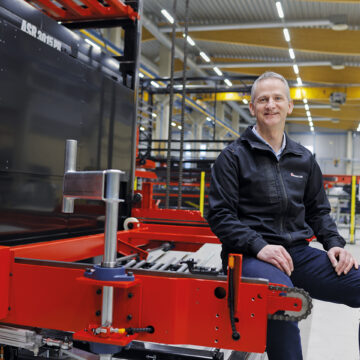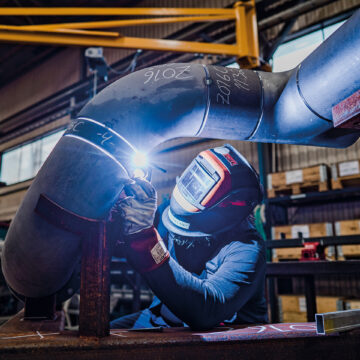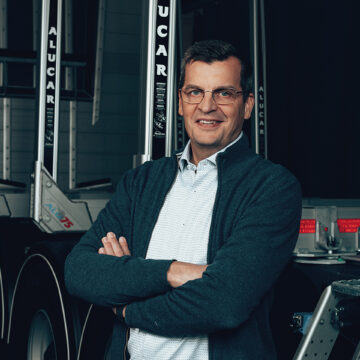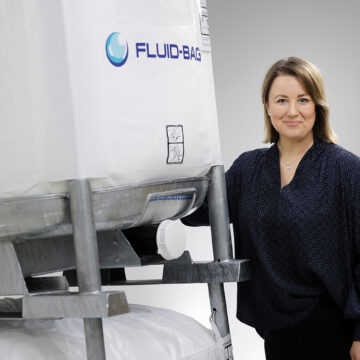
Snellman saves energy by using waste heat
MEAT PROCESSOR Snellman is at the front edge of its industry in many aspects. For a long time already, energy efficiency has been a focus areain the company, which was the first to install an industrial heat pump in Finland. Markus Snellman, Technical Manager at Snellman sees three points to take into consideration, when discussing energy efficiency:
“Firstly, it is important that we use as little energy as possible. Secondly, we should make use of the waste heat that is generated, and thirdly, we should use smart energy solutions, such as heat pumps and biogas.”
In the food industry, cooling is important, and cooling means taking heat away. At Snellman, this excess heat is used for preheating hot water and ventilation air and defrosting cooler batteries.Heat, however, is also important in meat processing, and today Snellman has three heat pumps, which, among other things, heat all the buildings, processes and water of the factory.
SNELLMAN USES biogas for its heating and production needs. In 2013, the company was one of the founders of renewable energy company Jeppo Biogas. All the sludge that comes from Snellman’s barn goes directly to Jeppo, where it is turned into biogas. This amount accounts for 65% of Snellman’s biogas needs. From January 2020, also private cars can fill their tanks with gas from Jeppo Biogas, as Snellman has invested in its own filling station. The next step is offering also heavy vehicles a filling station for liquid biogas.
AT SNELLMAN, everything is measured for analysis and improvement. The factory is divided into departments and sub-departments, where the use of cold, warm and washing water, electricity consumption, production waste and more is followed on an hourly, weekly, monthly and annual basis. The obtained numbers are openly communicated to the public.
“The biogas has annually replaced 1.3 million kilogrammes of the oil we used. The heat pumps and the recovered energy, in turn, has saved us 1.7 million kilogrammes of oil, which in total makes 3 million kilogrammes of oil per year and 8,000 tonnes of carbon dioxide”, says Snellman.









